Once a year, the dark sky fills with the sound of laughter and the popping of firecrackers as family and friends come together to shine up the night with sparkling lights and indulge in a feast. The tradition, practiced by over one billion people worldwide, is known as Diwali. Â
Diwali is a part of a religious Hindu tradition where people celebrate the triumph of light over darkness — in other words, good over evil. Ways of celebrating include lighting up homes with candles, lamps and fireworks while wearing traditional attire and making classic food for loved ones to enjoy.Â
“For the celebration, we had friends over [at my house] and then I went to [a friend’s] house. That was super fun,” sophomore Sravya Guda said. “When it starts to get dark, we get firecrackers and light [them] up.”Â
Diwali is one of the most well-known Indian holidays in the Western world, with the holiday even being recognized as a public holiday in New York City.Â
“[Diwali is] one of the big Indian holidays that’s westernized, [but] we treat it as something religious,” Guda said. “It’s a one-day festival but there’s a lot of behind-the-scenes stuff regarding religion happening throughout the month.”
The roots of Diwali go back all the way to the year 527 B.C., rejoicing in the destruction of the demon Narakasura. Preparations for the holiday include shopping, gift-giving and home decorating. This year, the festival of lights fell on Nov. 12. This year, some Diwali celebrations in the Parkway West community included those who were not Hindu and do not traditionally practice the holiday.Â
“I don’t usually go out for Diwali so [it] was fun seeing other people that are not Hindus immersed in the culture,” Guda said. “They were [appreciative of] the food and the culture.”
For students at West, Diwali became a celebration between friends and an opportunity for many non-Indians to be included in the festivities. As information spread about Diwali, peers reached a deeper level of understanding with each other.
“It was really [awesome because] everybody was really happy and just having a fun time together,” junior Rachel Brazier said. “There were a lot of people that weren’t [Indian] who were invited. It was cool to see us all come together for this holiday that we’re not normally used to.”
The inclusion of various people brought light to the holiday and brought a broader understanding of Indian culture. The welcoming atmosphere ignited feelings of joy and a sense of belonging.Â
“I was a little nervous that I wouldn’t fit in, but as time went on through the party, I realized that the culture is very accepting. It made me feel really happy [to be] truly included in the celebration,” freshman Adam Thomas said.Â
Friends celebrated together in ways that could be enjoyed without being directly part of the religious practice, like praying and participating in sacred rituals. In Diwali, lights ward off spiritual darkness, which calls for a party of bright illuminations.
“I liked hanging out with friends, trying new food and celebrations with the fireworks,” Thomas said. “We had handheld sparklers [and] Roman candles. It was a big celebration and it was really colorful.”
With the introduction of a new perspective, the knowledge of Diwali was spread more among friends. The interflow of cultures at Parkway West allowed for exposure to events that connect the community.
“More religions and holidays should be shared and spread,” Guda said. “There [are] so many different cultures in India [because it] is so big. It’s good to learn more even if you’re not a part of them.”

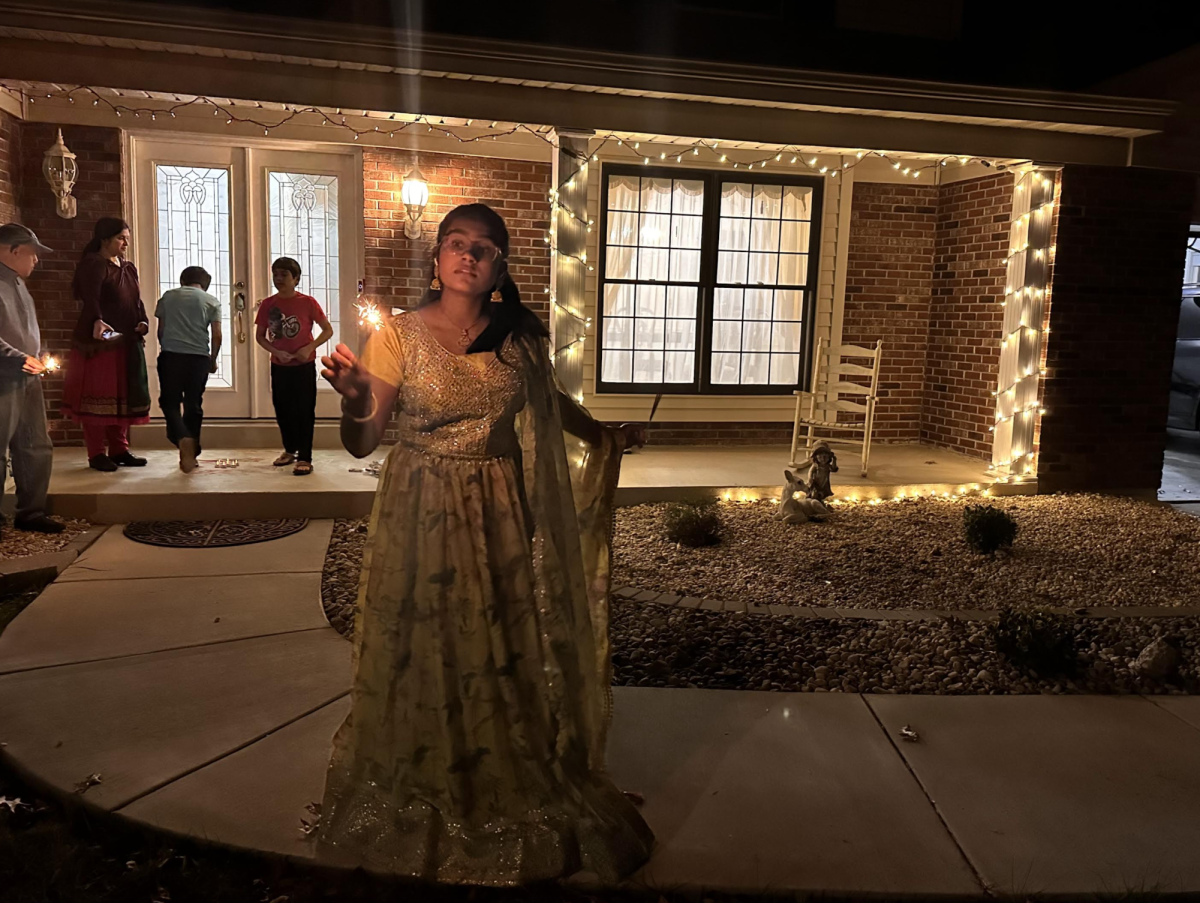


![Gazing up from the stage, junior Joseph McCurdy who played Peter Pan in the school play, Lost Girl, sits next to senior Juliana Rogers, who plays Wendy Darling, during a theater rehearsal. McCurdy’s passion for theater began when he observed a West High production in middle school. “I've been in the high school theater program since I was a freshman. I've always loved theater, but [what prompted me to join] was [when] I went to see [a performance here] when I was in middle school, and it was super cool,” McCurdy said.](https://pwestpathfinder.com/wp-content/uploads/2025/11/IMG_6535-1200x798.jpeg)
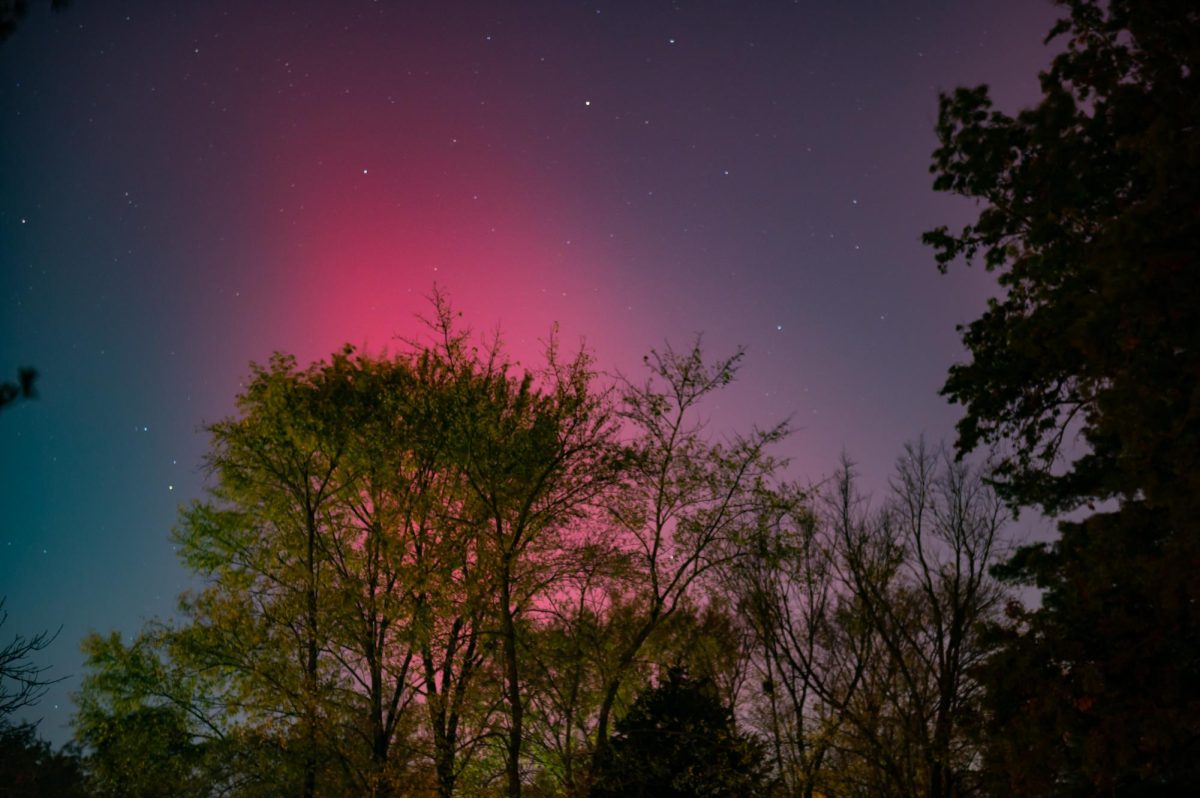
![Standing tall, stacked in a precise formation, the cheer team strikes a signature pose during halftime on Sept. 12 at the varsity football game. Nearly a month after this performance, the cheer team performed at the Missouri Cheerleading Coaches Association (MCCA) regional competition on Oct. 4, 2025. “We've all come [to] work together a lot more,” sophomore Elyssa Philippi said. “We're a lot closer than we were [earlier in the season] and going to state has made us closer [in] trying to work with each other, learn [new] skills and make our team better.”](https://pwestpathfinder.com/wp-content/uploads/2025/11/DSC5139-1.jpg)
![Handing out candy to excited trunk-or-treaters, President of the United Nations Children’s Fund club and junior Sara Ashok represents that group. Ashok was eager to participate in this event for multiple reasons. “I really wanted to be a part of the event because I get to help create memories for kids and spend time with my friends, spreading the things [I'm passionate about],” Ashok said.](https://pwestpathfinder.com/wp-content/uploads/2025/11/DSC_8648-1-1200x800.jpg)

![Smiling in a sea of Longhorns, Fox 2 reporter Ty Hawkins joins junior Darren Young during the morning Oct. 3 pep rally. The last time West was featured in this segment was 2011. “[I hope people see this and think] if you come to [Parkway] West, you will have the time of your life because there are so many fun activities to do that make it feel like you belong here. I was surprised so many people attended, but it was a lot of fun,” Young said.](https://pwestpathfinder.com/wp-content/uploads/2025/10/Edited2-1200x798.jpg)
![West High seniors and families listen as a representative of The Scholarship Foundation of St. Louis, Teresa Steinkamp, leads a Free Application for Federal Student Aid (FAFSA) workshop. This session, held in the library, provided guidance on financial aid, scholarships and student loan options. “This event is very beneficial for any seniors who are applying to or considering applying to colleges after high school [because] the cost of college is on the rise for seniors and parents,” college and career counselor Chris Lorenz said.](https://pwestpathfinder.com/wp-content/uploads/2025/09/DSC_4478-1200x778.jpg)
![Senior Kamori Berry walks across the field during halftime at the Homecoming football game on Sept. 12. During the pep assembly earlier that day, she was pronounced Homecoming Queen. “I thought it was nice that the crowd [started] cheering right away. I know [my friends] were really excited for me, and my family was happy because typically non-white people don't win,” Berry said.](https://pwestpathfinder.com/wp-content/uploads/2025/09/DSC7046-Enhanced-NR-1200x798.jpg)


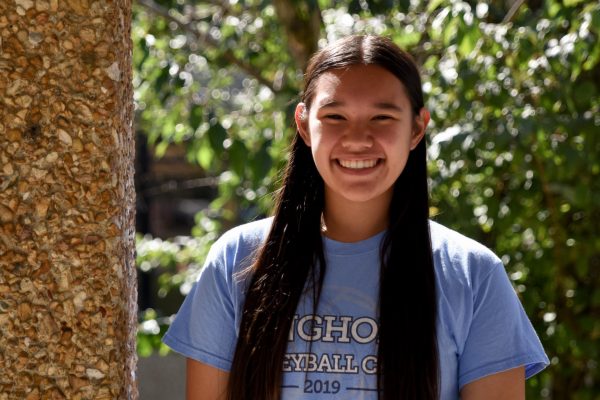
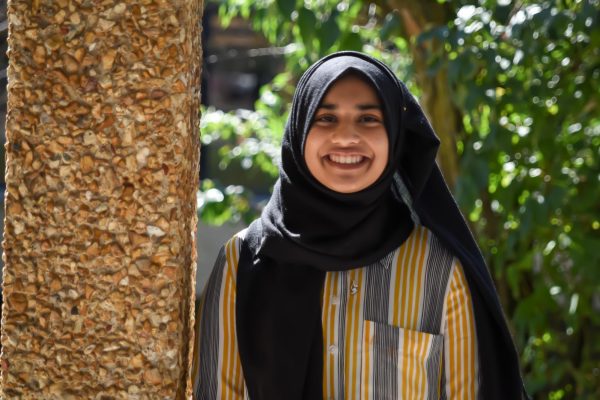
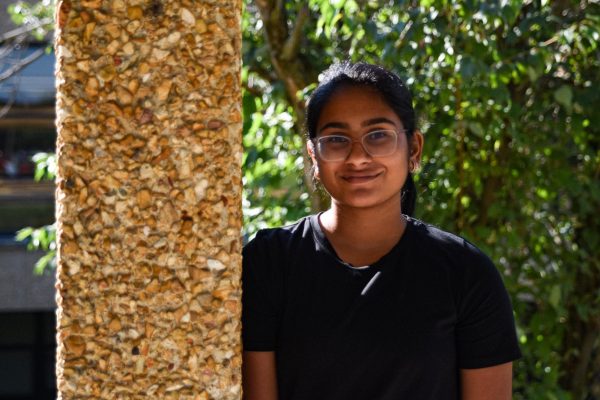
Will Gonsior • Dec 4, 2023 at 12:40 pm
DREAM TEAM
SRAVYA
THIS IS AWESOME
WE LIKE THAT